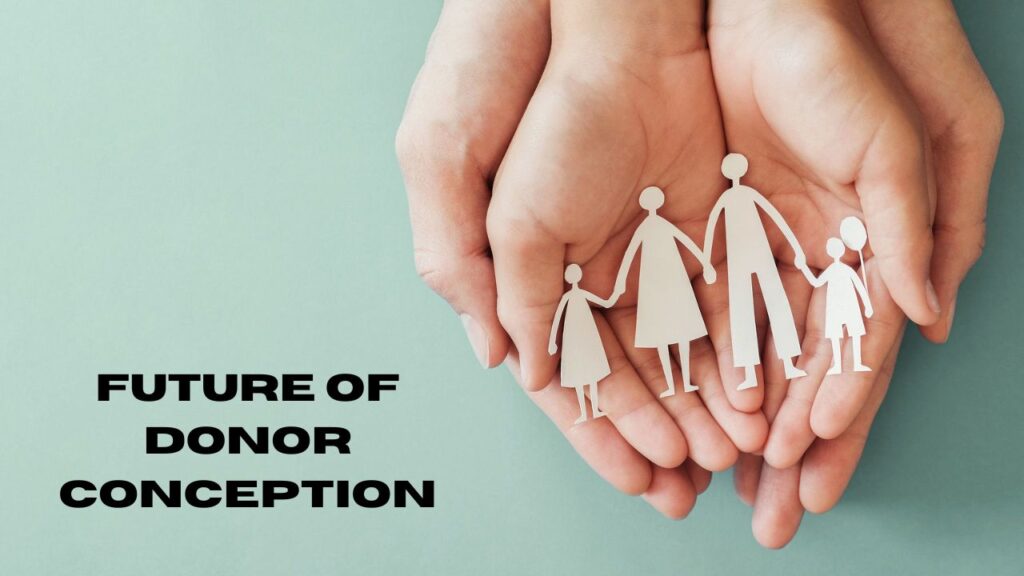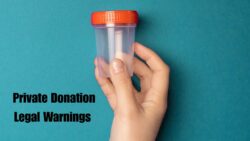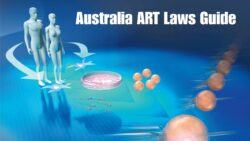The Future of Donor Conception in Australia – Donor conception in Australia has evolved significantly over the years, reflecting changes in technology, ethics, and legislation. As more people seek to understand their biological origins, the call for transparency and truth has grown louder. The future of donor conception in Australia depends on balancing the rights of donor-conceived individuals, the privacy of donors, and the needs of intended parents. With increasing advocacy and public awareness, Australia is moving toward a more open, ethical, and regulated approach to donor conception, ensuring every person’s story begins with honesty and understanding.

Future Reforms in Donor Conception Laws in Australia
The conversation around donor conception in Australia is shifting toward stronger legal frameworks. States such as Victoria and New South Wales are leading with reforms that prioritize donor-conceived individuals’ right to know their origins. These reforms aim to unify national laws, ensuring that all donor-conceived Australians receive equal rights to access identifying donor information. Experts advocate for a national donor registry that promotes transparency and minimizes inconsistencies across states. As the country heads into 2025, these legal updates are expected to strengthen ethical practices in fertility treatments and uphold emotional well-being for donor-conceived families.
Transparency and Identity Rights for Donor-Conceived People
Transparency is central to the well-being of donor-conceived individuals. Many grow up with unanswered questions about their biological background, medical history, and genetic identity. In Australia, organizations such as Donor Conceived Australia (DCA) have been instrumental in raising awareness about these emotional and social challenges. They advocate for open record systems where donor-conceived people can access vital information once they reach a certain age. This growing transparency movement is helping eliminate secrecy in reproductive technologies, paving the way for healthier relationships between donors, parents, and donor-conceived individuals.
| Aspect | Details |
|---|---|
| Key Authority | Donor Conceived Australia (DCA) |
| Focus Area | Transparency & Donor Rights |
| Proposed Reform Year | 2025 |
| Legislative Goal | Nationally Consistent Donor Conception Laws |
| Beneficiaries | Donor-Conceived Individuals & Families |
Ethical and Emotional Aspects of Donor Conception in Australia
Beyond laws, the ethics of donor conception touch deeply personal areas of identity and belonging. Australian fertility clinics are now encouraged to adopt transparent counselling approaches that support all parties involved. Emotional readiness, understanding genetic connections, and honesty in communication are key factors that shape positive outcomes. The ethical debate continues to evolve with society’s growing recognition that donor-conceived individuals deserve openness, compassion, and truth. This shift is leading toward more inclusive and supportive reproductive health systems across Australia.
Advocacy and Support for Donor-Conceived Families
Organizations like Donor Conceived Australia play a critical role in advocacy and emotional support. They provide education, community engagement, and policy guidance to families navigating the complexities of donor conception. With their continued efforts, the stigma surrounding donor conception is diminishing, making it easier for families to discuss these topics openly. Such advocacy is shaping a future where truth and transparency are standard practices, empowering donor-conceived individuals to embrace their identities confidently.
Frequently Asked Questions (FAQs)
1. What does donor conception mean?
Donor conception refers to creating a child using donated sperm, eggs, or embryos from someone other than the intended parents.
2. Why is transparency important in donor conception?
Transparency ensures donor-conceived people can access information about their biological origins, supporting emotional and medical well-being.
3. What changes are being made in Australia’s donor conception laws?
Reforms aim to unify state laws, create national registries, and guarantee access to identifying donor information for all donor-conceived individuals.
4. How does Donor Conceived Australia help families?
DCA provides advocacy, emotional support, and education to donor-conceived individuals, parents, and donors across Australia.




